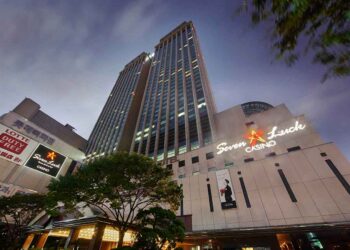Macau’s gaming regulator, the Gaming Inspection and Coordination Bureau, said Wednesday that a news report claiming the SAR government was considering introducing a cryptocurrency backed by China’s central bank was not true.
According to the Bloomberg report on Wednesday, the government has been discussing with casino operators the prospect of introducing the digital yuan, which could be used to purchase gaming chips – providing Beijing with greater oversight over cash flow through Macau’s casinos. It would also strike another blow to Macau’s junket industry by reducing their ability to provide credit and exchange currency.
“If applied widely, the digital yuan will bring a significant hit to both the VIP and mass segments,” said Zhou Jinquan, associate professor at the Centre for Gaming and Tourism Studies of Macau Polytechnic Institute, in the Bloomberg report.
“It’ll breach customer privacy and restrict people’s betting amount to the potential conversion cap imposed on the digital yuan to foreign currencies.”
In response, the DICJ was quick to deny such plans, issuing a short statement on Wednesday that read, “We hereby clarify that the use of digitized renminbi in casinos is a false report.”
The regulator was recently forced to also deny reports that Macau’s government was actively considering the introduction of online gambling as a means of easing some of the pressure on casino operators brought about by the COVID-19 pandemic. A similar measure is currently being introduced in the Philippines where PAGCOR has granted some operators permission to offer online gambling services.
The DICJ said in November, “Macau currently does not approve betting on casino games of fortune via the internet. According to the current Law No. 16/2001, an approved company that operates casino games of fortune is not allowed to operate any form of interactive gaming, including casino games of fortune on the internet.”
Macau’s gross gaming revenue is down 80.5% over the first 11 months of 2020 to MOP$52.62 billion (US$6.58 billion) compared with MOP$269.62 billion (US$33.72 billion) over the same period in 2019.



































